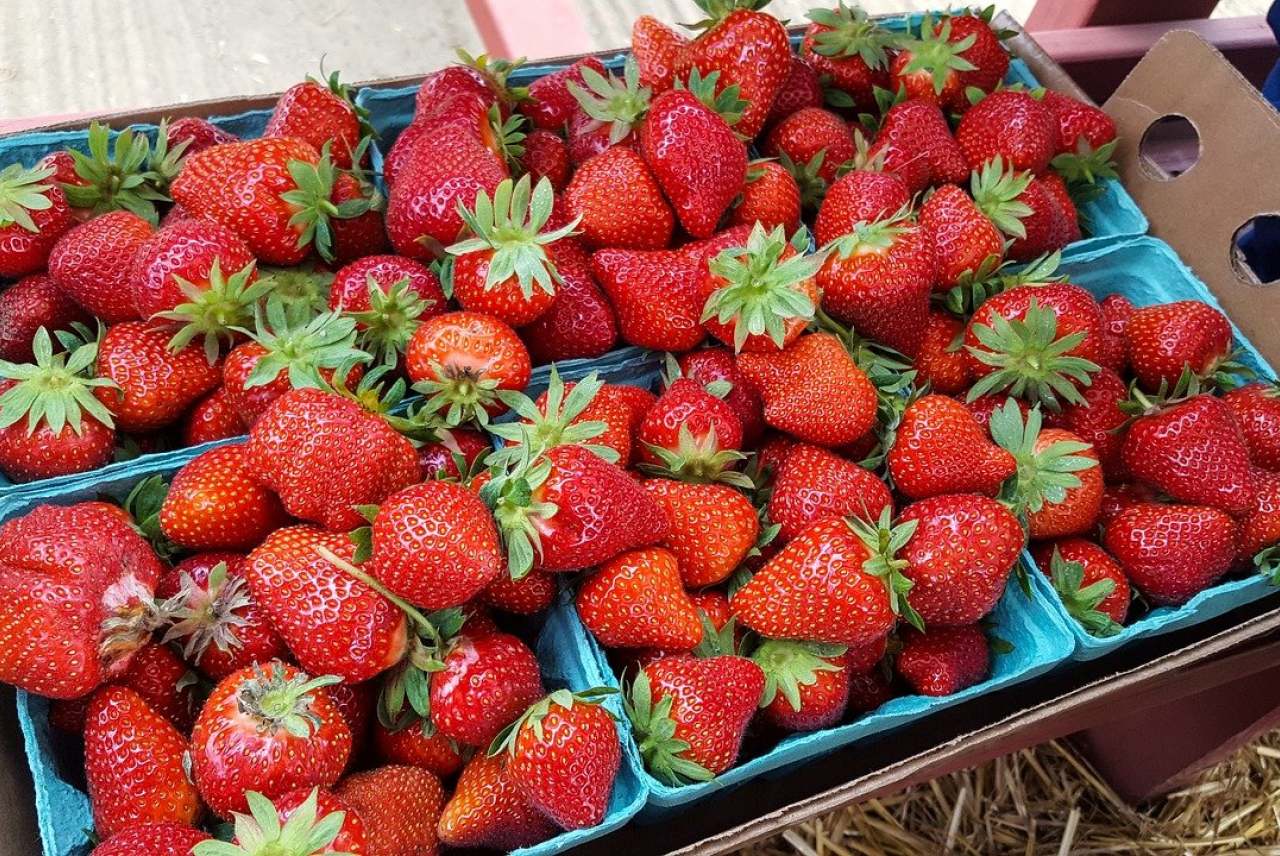Bibliography
Alami, A. (2019). Workers in Spain’s Strawberry Fields Speak Out on Abuse. Available online [Accessed 18 April 2021].
Anderson, B. (2000). Doing the dirty work?: the global politics of domestic labour. London: Zed Books.
ANSA, (2018). Female seasonal workers exploited and raped in Spain. [online] InfoMigrants. Available online [Accessed 18 April 2021].
Arendt, H. (2004). The origins of totalitarianism 1st ed., New York: Schocken Books.
Arendt, H. (2018). We refugees. The New Presence (Online), p.1.
Balfour, S. (2002). Deadly embrace: Morocco and the Road to the Spanish Civil War. Oxford: Oxford. University Press
Bargu, B. (2014). Starve and immolate : the politics of human weapons. Columbia University Press
Barker, D. K. (2005). Beyond women and economics: rereading “women’s work”. Signs, 30(4), 2189–2209.
Carlile, C. (2020) ‘UN Condemns Inhuman Conditions for Strawberry Pickers in Huelva’ Ethical Consumer. Accessed online [02/03/2021]
Castells, M. (2013). Networks of indignation and hope : social movements in the internet age. Translation Carlos Alberto Medeiros. Rio de Janeiro: Zahar. 271 p.
De Genova, N. (2013). Spectacles of migrant 'illegality': the scene of exclusion, the obscene of inclusion. Ethnic and racial studies, 36(7), pp.1180–1198.
Díaz-andreu, M. (2015). The Archaeology of the Spanish Protectorate of Morocco: a Short History. The African Archaeological Review, 32(1), pp.49–69.
Douzinas, C. (2003). Identity, Recognition, Rights or What Can Hegel Teach Us About Human Rights?. Available at SSRN.
Du Bois, W. E. B. (2003) “The Souls of White Folk,” Monthly Review, 55(6), p. 44.
Er, M. & Rich, P.B. (2015). Abd el-Krim's guerrilla war against Spain and France in North Africa: An adventure setting for screen melodramas. Small wars & insurgencies, 26(4), pp.597–615.
Er, Mevliyar. (2019). ‘Abd-el-Krim al-Khattabi’ in The Palgrave Encyclopedia of Imperialism and Anti-Imperialism (pp.1-15) Edition: 2, Chapter: 1. Publisher: Palgrave Macmillan, Cham
Foucault, M. (1982). ‘The Subject and Power’ in Foucault, M. Power: Essential Works of Foucault 1954 – 1984 Volume 3 (trans. R Hurley & Others, 2000) 341.
Friedmann, H. (2005). ‘From Colonialism to Green Capitalism: Social Movements and Emergence of Food Regimes’, in F. H. Buttel and P. McMichael P (eds) New Directions in the Sociology of Global Development. Bingley: Emerald, pp. 227–64.
FRA. (2011). Out of sight: migrant women exploited in domestic work. Accessed online.
Gozalbes, E. (2012). Tetuán: Arqueología, historia y patrimonio. Tétouan: Asociación TetuánSmir.
Grant, H. (2020). Women picking fruit for UK supermarkets 'facing new forms of exploitation'. The Guardian. Available online [Accessed 18 April 2021].
de Haas, H. (2006). ‘Morocco: From Emigration Country to Africa's Migration Passage to Europe’, Washington, DC: Migration Policy Institute.
Hansen, T B & Stepputat, F. eds, (2005). Sovereign Bodies: Citizens, Migrants and States in the Postcolonial World. Oxford: Princeton University Press. xii + 366 pp. ISBN 0691121192
Hinds, B. (2005). ‘Citizenship and Empire’ in Hansen, T and Stepputat, F. Sovereign Bodies: Citizens, Migrants, and States in the Postcolonial World (2005). Princeton University Press.
Jones, S. (2019). Spain’s Strawberry Fields Lie in Brexit’s Shadow. The Guardian. [accessed online] [28/02/2021]
Jornales de Huelvas en Lucha. (2021). Are. 19/04/2021. Online.
Kelly, A. (2019) ‘Rape and abuse: the price of a job in Spain’s strawberry picking industry’ The Guardian. 14/04/2019. Available online: [Accessed 18 April 2021]
Khachani, M. (2011). Genre et migration au Maroc. CARIM Notes d’analyse et de synthèse n. 2011/12. Florence: European University Institute.
Lawrence, F. (2011). Spain's salad growers are modern-day slaves, say charities. [online] the Guardian. Available online [Accessed 18 April 2021].
Marchetti, S. & Salih, R. (2017). Policing gender mobilities: interrogating the 'feminisation of migration' to Europe. International review of sociology, 27(1), pp.6–24.
Maribel Casas-Cortes et al. (2015). “New Keywords: Migration and Borders,” Cultural Studies, 29(1), pp. 55–87. doi: 10.1080/09502386.2014.891630.
Martin, M. (2020). ‘No water, toilets or electricity: Life in Spain’s shameful shanty town’ El Pais 18/02/2020 Available online. [Accessed 18 April 2021]
Mohanty, C. T. (2005). ‘Women Workers and Capitalist Scripts: Ideologies of Domination, Common Interests and the Politics of Solidarity’, in Leistyna A (ed.) Cultural Studies: From Theory to Action. Oxford: Blackwell, pp. 321–44.
Morales, V. (1986). España y en Norte de Africa: El protectorado en Marruecos (1912–56). Madrid: Universidad Nacional de Educación a Distancia.
Odasso, L. (2016). Moroccan Immigration to Europe : Old Legacies and New Ties. Meseguer, D, Altimira, M, Quique, B and Tosco, P, (2020). In Pictures: Moroccan’s Navigate Abuse and Coronavirus to pick Spain’s Red Gold. Middle East Eye. Available online: (02/03/2020)
Paciello, Maria Cristina, Pepicelli, Renata, and Pioppi, Daniela. (2016). Public action towards youth in neo-liberal Morocco: fostering and controlling the unequal inclusion of the new generation. Power2Youth IAI working paper n.5.
Preneuf, F. (2021). ‘Food Security and COVID-19’ The World Bank Blog. Accessed online: [02/03/2021]
Proglio, G. (2017). Decolonising the Mediterranean. European Colonial Heritages in North Africa and the Middle East, Cambridge Scholar Publishing, pp.73-90.
Roediger, D. & Esch, E. (2012). The Production of Difference: Race Management of Labor in U.S History, New York: Oxford University Press
Saez, C. (2019). La contratación en origen para la fresa alcanza las 19.000 temporeras marroquíes. Huelva Informacion. Accessed online.
Said, E. W. (1978). Orientalism. New York, Pantheon Books.
Surt. (2020). ‘Moroccan seasonal strawberry-pickers’ judicial agony’. Surt. Available online. [accessed 20/04/2021]
Torres, F. (2011). La Inserción De Los Inmigrantes. Luces Y Sombras De Un Proceso. Madrid: Talasa.
Valero, L. M. (2019). ‘Women's Link is representing four female migrant workers who suffered labour exploitation and sexual harassment while harvesting strawberries in Spain‘. Women’s Link Worldwide. Available online.
Verges, F. (2019). ‘Capitalocene, Waste, Race, and Gender’. E-flux. Journal 100. Available online.
Verges, F. (2020) ‘A Decolonial Feminism’ in conversation with Timofei Gerber. Epoche. January 2020. Available online.
Verges, F. (2020). ‘Season Butler & Françoise Vergès ‘The Slow Death of Prometheus’’ interview by Season Butler. International Curators Forum. August 2020. Available online.
Walia, H. (2014). Undoing Border Imperialism. Oakland: AK Press.Women’s Link International, (2019). Moroccan Women Working in the Strawberry Farms of Huelva Province. Accessed online.
Wark, M. (2001). preface to In Fear of Security: Australia’s Invasion Anxiety, by Anthony Burke. Annandale: Pluto Press, xix.
Wark, M. (2001) GLOBALIZATION FROM BELOW: MIGRATION, SOVEREIGNTY, COMMUNICATION. p19.

